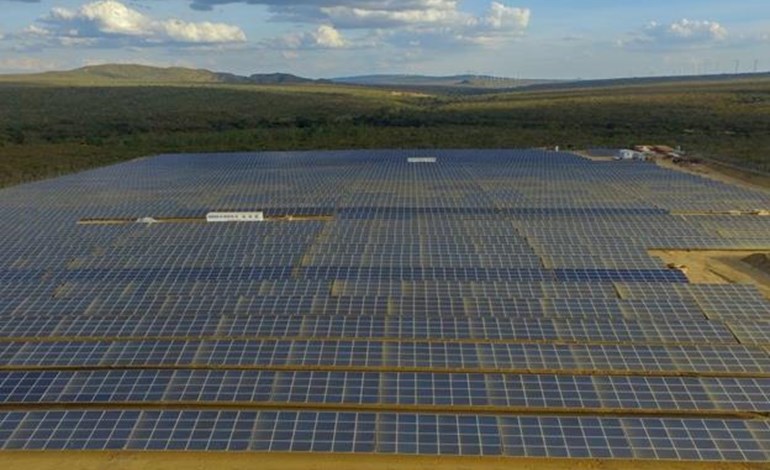Accelerating solar-plus-storage in the next five years will boost the efficiency and resilience of global energy networks, according to 92% of energy industry professionals. The finding is from DNV’s Industry Insights research, which surveyed global energy industry professionals on their outlook, expectations and priorities for the year ahead. DNV’s Energy Transition Outlook forecasts that solar will grow 20-fold globally by 2050 and installations are increasingly being planned with dedicated storage. Within a decade, about one fifth of all PV installed will be with dedicated storage, and by mid-century, this share will have risen to half. “Global emissions are continuing to rise; the good news is that we have the technologies to prevent further increase of emissions. “Combining solar and storage also opens a wide range of possibilities to provide 100% renewable energy for society in a reliable and cost-efficient way. “It’s important that we act fast for the collective good, remove barriers for clean energy and plan for long term progress,” said Ditlev Engel, CEO, Energy Systems at DNV.
The forecast also shows that despite its current higher costs, solar-plus-storage has an advantage over solar PV on capture price. Plants with storage can charge batteries when sunlight is plentiful during the day and sell the stored electricity when the price is high. By 2038, the capture price advantage of solar-plus-storage over regular solar PV plants will surpass the cost disadvantage on a globally averaged basis. Of those surveyed for Industry Insights, respondents working in the solar industry see investment in storage as a priority, with two thirds revealing they already have revenue-producing business interests in the sector and 56% expecting to increase their investment in the year ahead. Skills shortages and lack of policy support could stand in the way of progress, with both solar and storage industry respondents citing these as the biggest barriers to growth. Around 63% of respondents from the solar industry stated that not enough people are entering the workforce in the sector, while 62% revealed that their own organisation is finding it increasingly difficult to attract employees with the skills required for the energy transition. Regarding policy support, 47% said that inadequacy, delays or surprises in public policy represents the biggest risk to their organisation’s near-term success. A further 87% of solar industry respondents stated that reforms to permitting and licencing processes are critical to meeting net zero targets. DNV’s Industry Insights research was conducted in January and May 2023 and includes over 1500 respondents from Europe, North America, Latin America and Asia Pacific.
Credits: renews.biz [Image: DNV]

